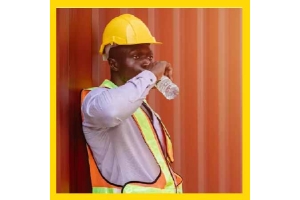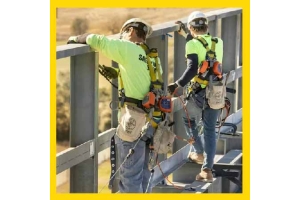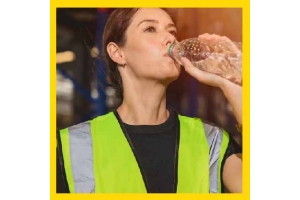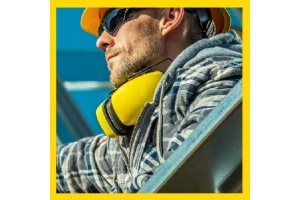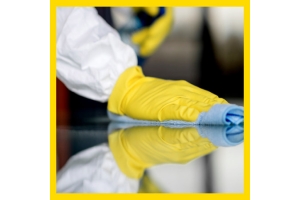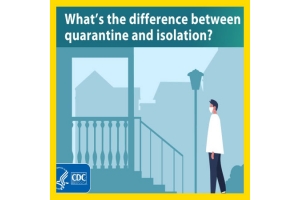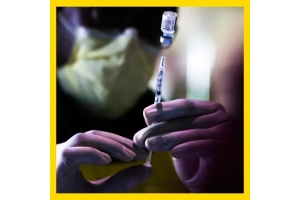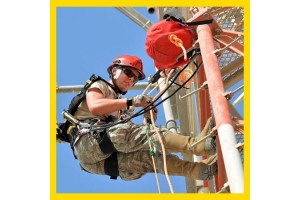Currency
May 10, 2020
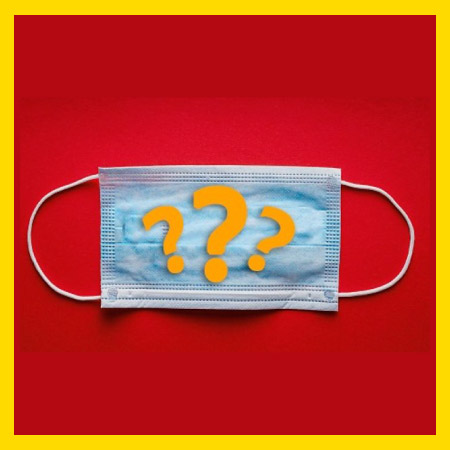
Prime Minister Boris Johnson has said face coverings worn by the general public "will be useful" as the UK comes out of the current lockdown.
The Scottish government already recommends people use face coverings when in shops and on public transport.
The World Health Organization (WHO) currently says only two groups of people should wear protective masks, those who are:
• sick and showing symptoms
• caring for people suspected to have coronavirus
• It says medical masks should be reserved for healthcare workers.
Masks are not generally recommended for the public because:
• they can be contaminated by other people's coughs and sneezes, or when putting them on or removing them
• frequent hand-washing and social distancing are more effective
• they might offer a false sense of security
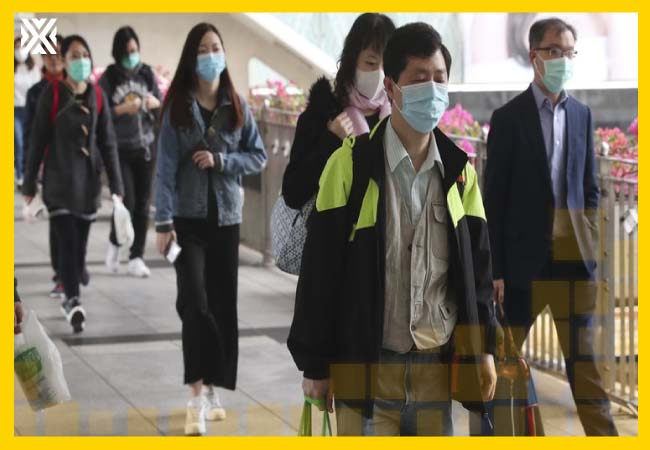
But that doesn't mean they have no benefit at all for the general public - it's just that the scientific evidence is weak.
The WHO says countries must weigh the risks and benefits when it comes to advising the whole populations about wearing face coverings.
The European Centre for Disease Prevention and Control agrees that medical face masks should be prioritised for healthcare workers.
But it says non-surgical face masks might help stop the spread of coronavirus by people who are contagious but have no symptoms (known as asymptomatic transmission).
Scientists in Singapore suggest that risk is especially high in the 24-48 hours before an infected person is even aware they might have the disease.
Coronavirus is spread by droplets that can spray into the air when those infected talk, cough and sneeze. These can enter the body through the eyes, nose and mouth, either directly or after touching a contaminated object.
The Scottish government's updated guidance is not compulsory and suggests people use cloth coverings, such as a scarf, rather than "medical grade face masks". Face coverings should not be used for children under the age of two years, according to the guidance.
Advice for England, Wales and Northern Ireland has not changed and masks have not been recommended.
UK government ministers have previously raised concerns about the evidence and whether the move might result in shortages of medical face masks for the NHS.
On 18 April, more than 100 doctors wrote a letter to The Times saying they were "alarmed at official inaction over the need for the public to wear homemade face masks".
And London Mayor Sadiq Khan has urged people to use non-medical face coverings, such as a scarf or bandana, when social distancing is not possible.
On 30 April, during the government's daily coronavirus press briefing, Mr Johnson said face covering would give people confidence that they can go back to work once the current lockdown measures are eased.
The widespread use of face masks by the public could put NHS supplies at risk, says Chris Hopson, chief executive of NHS Providers.
In hospitals, different types of mask offer different grades of protection. The most protective is an FFP3 or, alternatively, an N95 or an FFP2.
NHS staff in lower-risk situations can wear a surgical mask. This includes healthcare workers within one metre of a patient with possible or confirmed Covid-19. These staff may be in hospitals, primary care, ambulance trusts, community care settings and care homes.
The Scottish government already recommends people use face coverings when in shops and on public transport.
Why doesn't everyone wear a mask now?
The World Health Organization (WHO) currently says only two groups of people should wear protective masks, those who are:
• sick and showing symptoms
• caring for people suspected to have coronavirus
• It says medical masks should be reserved for healthcare workers.
Masks are not generally recommended for the public because:
• they can be contaminated by other people's coughs and sneezes, or when putting them on or removing them
• frequent hand-washing and social distancing are more effective
• they might offer a false sense of security

But that doesn't mean they have no benefit at all for the general public - it's just that the scientific evidence is weak.
The WHO says countries must weigh the risks and benefits when it comes to advising the whole populations about wearing face coverings.
The European Centre for Disease Prevention and Control agrees that medical face masks should be prioritised for healthcare workers.
But it says non-surgical face masks might help stop the spread of coronavirus by people who are contagious but have no symptoms (known as asymptomatic transmission).
Scientists in Singapore suggest that risk is especially high in the 24-48 hours before an infected person is even aware they might have the disease.
Coronavirus is spread by droplets that can spray into the air when those infected talk, cough and sneeze. These can enter the body through the eyes, nose and mouth, either directly or after touching a contaminated object.
What is the UK advice on face masks?
The Scottish government's updated guidance is not compulsory and suggests people use cloth coverings, such as a scarf, rather than "medical grade face masks". Face coverings should not be used for children under the age of two years, according to the guidance.
Advice for England, Wales and Northern Ireland has not changed and masks have not been recommended.
UK government ministers have previously raised concerns about the evidence and whether the move might result in shortages of medical face masks for the NHS.
On 18 April, more than 100 doctors wrote a letter to The Times saying they were "alarmed at official inaction over the need for the public to wear homemade face masks".
And London Mayor Sadiq Khan has urged people to use non-medical face coverings, such as a scarf or bandana, when social distancing is not possible.
On 30 April, during the government's daily coronavirus press briefing, Mr Johnson said face covering would give people confidence that they can go back to work once the current lockdown measures are eased.
What face masks are used by health workers?
The widespread use of face masks by the public could put NHS supplies at risk, says Chris Hopson, chief executive of NHS Providers.
In hospitals, different types of mask offer different grades of protection. The most protective is an FFP3 or, alternatively, an N95 or an FFP2.
NHS staff in lower-risk situations can wear a surgical mask. This includes healthcare workers within one metre of a patient with possible or confirmed Covid-19. These staff may be in hospitals, primary care, ambulance trusts, community care settings and care homes.
